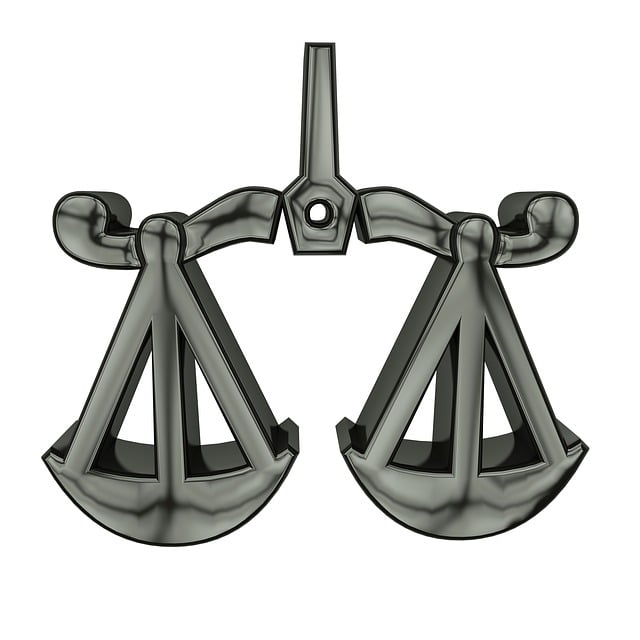Successful strategies in defamation litigation involve challenging accusers' credibility, disputing falsehoods, cross-examining witnesses, leveraging legal loopholes, and presenting nuanced narratives to protect clients' reputations. Criminal defense attorneys use these tactics for individuals & corporations, combining evidence mastery, meticulous planning, technology utilization, and tailored trial techniques for favorable outcomes.
“Criminal Defense Attorneys: Mastering Successful Strategies in Defamation Litigation
In the intricate dance of defamation litigation, Criminal Defense Attorneys play a pivotal role. This article delves into the strategic defenses against defamation claims, exploring key elements and definitions within defamatory law. We dissect effective tactics for disproving allegations through robust evidence management. Furthermore, we examine case management and trial strategies that have proven successful in navigating this complex landscape. Understanding these principles empowers attorneys to defend clients rigorously.”
- Understanding Defamation Law: Key Elements and Definitions
- Strategic Defense Tactics Against Defamation Claims
- The Role of Evidence in Disproving Allegations
- Successful Case Management and Trial Strategies
Understanding Defamation Law: Key Elements and Definitions

Defamation law plays a crucial role in protecting individuals’ reputations, especially in today’s digital era where information spreads swiftly. Understanding this legal realm is essential for successful strategies in defamation litigation. At its core, defamation involves making false statements about someone that harm their reputation. To prove defamation, several key elements must be established: the statement must be false, made with malice or negligence, and cause actual damage to the victim’s reputation.
When navigating all stages of the investigative and enforcement process, experienced Criminal Defense Attorneys often employ innovative strategies tailored to each case. Their unprecedented track record in defending both corporate and individual clients speaks to their expertise in this field. By skillfully navigating these complex legal waters, they help ensure that their clients’ rights are protected and their reputations are safeguarded.
Strategic Defense Tactics Against Defamation Claims

In the realm of defamation litigation, criminal defense attorneys employ strategic tactics to safeguard their clients’ reputations and ensure a fair trial. Successful strategies often involve challenging the credibility of accusers and disputing the veracity of the alleged defamatory statements. This may include meticulous cross-examination of witnesses, uncovering underlying biases or inconsistent accounts. Additionally, attorneys may leverage legal loopholes and precedents to have certain evidence dismissed or its admissibility questioned.
A key tactic is to paint a nuanced picture of the client’s actions, distinguishing between honest mistakes and malicious intent. This approach is particularly effective when dealing with corporate and individual clients from diverse sectors, including philanthropic and political communities. By presenting a balanced narrative, attorneys can sway public perception and protect their respective business interests. Strategizing around defamation claims requires a deep understanding of both the law and the broader societal context in which the case unfolds.
The Role of Evidence in Disproving Allegations

In criminal defense, evidence is the cornerstone of a successful strategy, especially when aiming for a complete dismissal of all charges. Criminal defense attorneys must be adept at navigating the complex landscape of legal evidence to protect their clients’ rights and interests. By employing robust strategies, they can challenge the prosecution’s case, showcasing the inherent weaknesses in their allegations.
Attorneys often focus on discrediting the credibility of witnesses, examining inconsistent statements, and presenting alternative explanations for the events in question. Utilizing successful strategies in defamation litigation, such as cross-examination tactics and meticulous documentation, these legal professionals can highlight gaps in evidence, leading to a favorable outcome for their respective business. This approach not only strengthens the defense but also ensures that justice is served fairly.
Successful Case Management and Trial Strategies

Successful case management is paramount for Criminal Defense Attorneys to deliver effective representation. It involves meticulous planning, organization, and strategic decision-making throughout every stage of the legal process. Lawyers must adeptly navigate complex legal procedures, gather compelling evidence, and identify crucial witnesses to build a robust defense. This includes utilizing innovative technologies and resources to streamline investigations, analyze data, and prepare for court appearances.
In terms of trial strategies, experienced attorneys employ a multitude of techniques tailored to each client’s unique circumstances. They carefully craft opening statements that set the tone and capture the jury’s attention, effectively challenging the prosecution’s case through cross-examination. By presenting powerful character witnesses and robust evidence, defense lawyers can sway public opinion in their favor. Their ultimate goal is to secure a complete dismissal of all charges, achieving an unprecedented track record for both corporate and individual clients.
Criminal defense attorneys play a pivotal role in navigating complex defamation litigation. By understanding the key elements of defamation law, employing strategic defense tactics, effectively managing evidence, and mastering trial strategies, they can provide clients with robust defenses. These successful strategies in defamation litigation not only protect individuals from false accusations but also ensure justice prevails in court.






